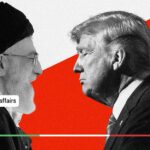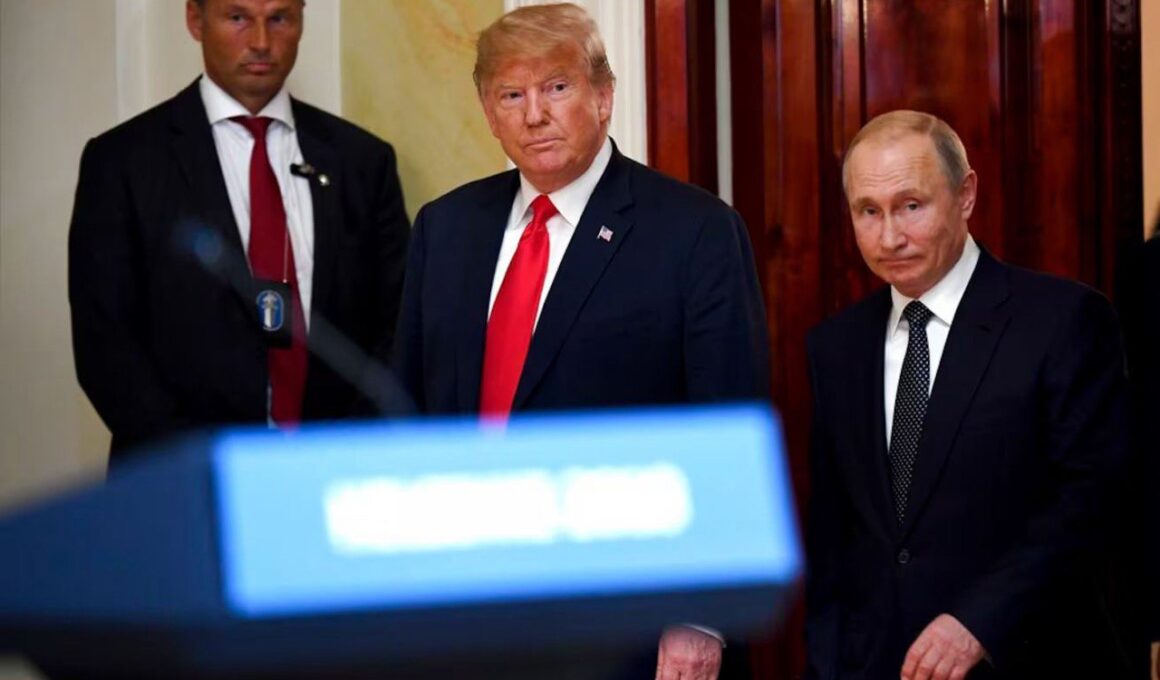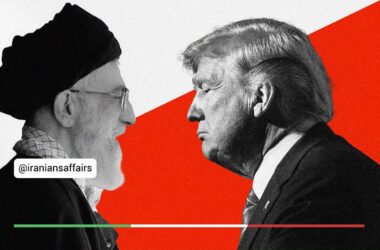A prominent topic in Persian-language media these days is the speculation over the foreign policy of Trump’s cabinet, particularly its stance on Iran. True to Iranian media traditions, most analyses lack clear evaluation, often grounded in slogans and excitement. The notion that Trump is a businessman and a dealmaker holds as much weight as Reagan’s Hollywood background did in shaping his foreign policy.
The primary challenge facing the U.S. and its allies has been the inability to confront China and Russia (and, to a lesser extent, Middle Eastern and African conflicts) simultaneously. Russia, China, and Iran have continually sought to undermine Western political will by disrupting democracy and elections and launching severe attacks on figures supportive of confrontational ideas. This has resulted in confusion over identifying the main battleground for the U.S.: Europeans encourage the U.S. to confront Russia and resolve the Ukraine conflict, South Korea and Japan urge focus on China, Taiwan, and North Korea, and Israel and Arab countries push for a resolution of Middle Eastern issues.
The prioritization of different policies leads politicians to accuse their rivals of aligning with America’s adversaries. In reality, however, politicians must prioritize to maintain focus and allocate resources. Thus, when Trump’s initial cabinet sought to downplay threats from Russia, he faced accusations of being friendly with Putin. Beyond personal reasons, Republicans accepted that either Russia had to be granted limited concessions, or Europe had to bear a larger share of the burden in countering Russia. Otherwise, countering the growing threat from China would have been impossible.
Obama’s efforts to exit the Middle East, Trump’s attempts to withdraw from Afghanistan, and the Russia issue all aimed to prioritize the increasingly pressing threat from China.
Two factors will distinguish Trump’s new cabinet’s foreign policy from his first term:
- Neither the Ukraine war nor the current Middle Eastern conflict had occurred during his first term.
- The Democrats’ policies to address these two conflicts have definitively failed: neither did Russia end the war with current methods, nor was the Israel issue resolved.
Consequently, Trump must now tackle issues he previously sought to prevent.
There is near bipartisan consensus in the U.S. against the formation of a unified axis opposed to the West. Both parties admire Kissinger’s experience in creating a rift between China and the Soviet Union, without which Reagan’s success against the Soviet Union would have been improbable.
It can be assumed that Donald Trump’s cabinet will attempt to present him as an approachable figure for negotiation. However, this openness would be aimed at creating divisions among the various threats facing the U.S. and its partners. As a result, potential negotiations will likely serve a dual purpose: each actor must not only reduce their threats against the U.S. and its allies but also distance themselves from other actors deemed threats or pressure them to scale back their aggressive actions.
This situation presents a specific complexity for the Islamic Republic. If Tehran refuses to negotiate, it is highly plausible that either Russia or the countries of Iraq and Lebanon could grow closer to the U.S. and accept a plan to isolate Iran. (While proximity to China is also significant, it holds relatively less immediate importance.)
Thus, Tehran might attempt to avoid its isolation by pursuing possible negotiations. However, this very endeavor may pose another threat to Tehran: fostering suspicion in Moscow and other allies about Tehran’s intentions regarding negotiation.
Apart from the known potential for a crisis between Moscow and Tehran, Iran’s relations with Baghdad and Beirut are also vulnerable. It is natural for the governments of Lebanon and Iraq to prefer being directly involved in agreements concerning Hezbollah and the Popular Mobilization Forces rather than Tehran controlling these matters.
For the Iranian opposition, the crux of the matter lies in this point: irrespective of Tehran’s stance, if Washington approaches Tehran with a “prisoner’s dilemma” strategy, it will gain distinct and meaningful opportunities. The objective is not necessarily to influence whether Washington opts for negotiation (which is beyond the Iranian opposition’s control), but rather how Washington handles the approach to negotiation, or lack thereof, that holds greater significance.
In any case, a serious move by Washington (aligned with U.S. national interests) could likely create a division between Tehran and Moscow. This rift could either arise from Tehran taking the lead in negotiations or from Moscow. However, in either scenario, due to Moscow’s security influence in Tehran, a noteworthy security gap is likely to emerge. The national opposition should prepare to leverage this division.







